
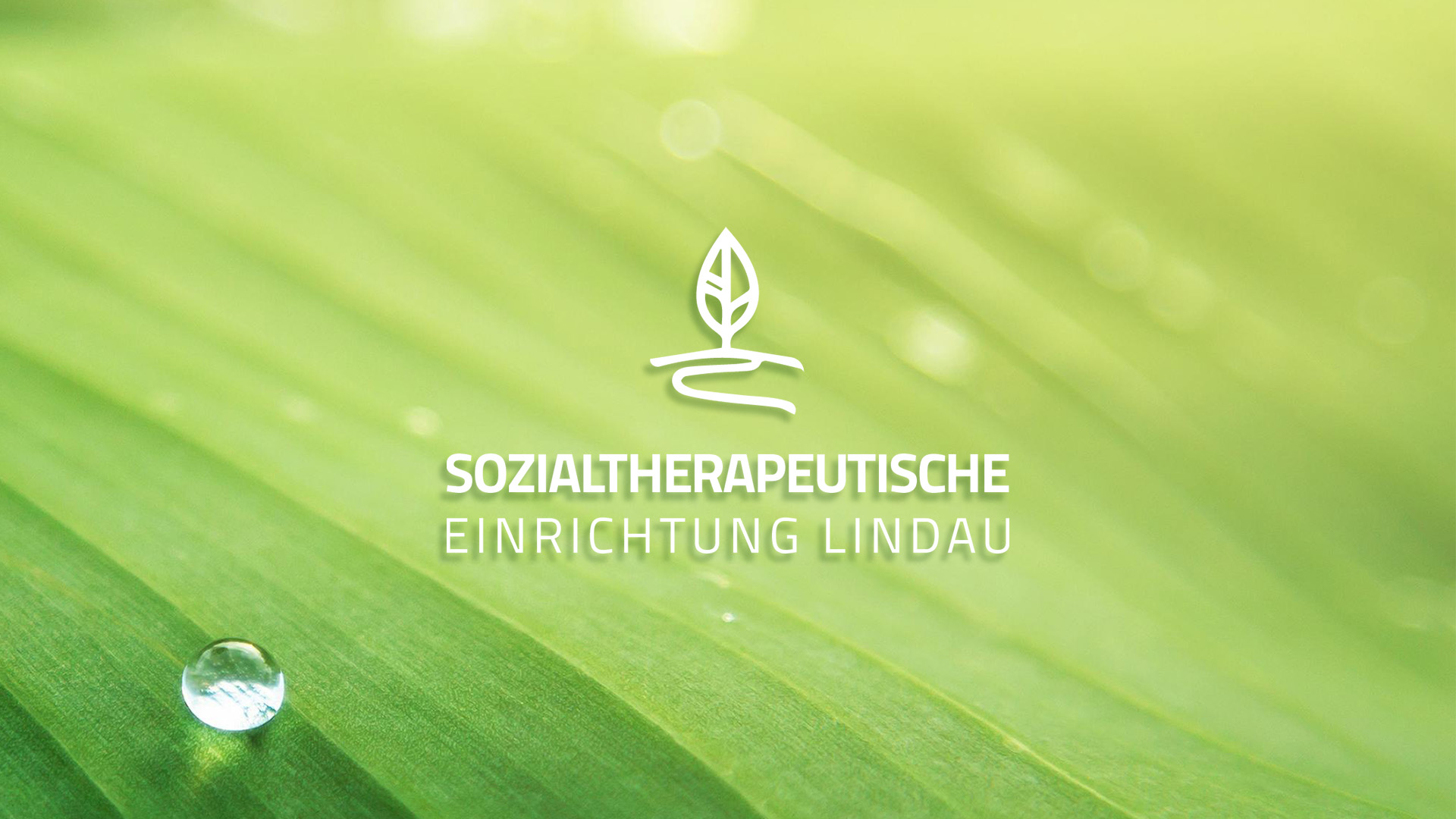
Therapeutic Goals
Basis of the therapeutic goals of the socio-therapeutic facility Lindau is the solution- and process-oriented perception of the addictive disorder as the complex of problems. In this respect the two focuses are:
a) Encouragement of the individual processes of growth and the associated adaptive performance taking place in the context of relationships.
b) Focusing on the systemic perspective which realizes and handles the recurrent dysfunctional behavioral pattern in the web of relationships.
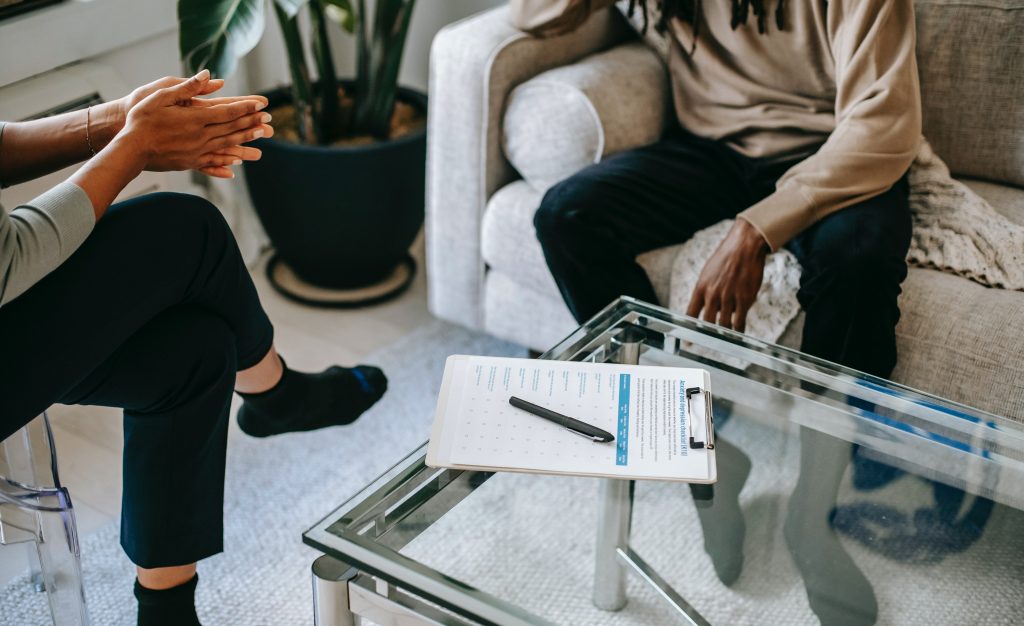

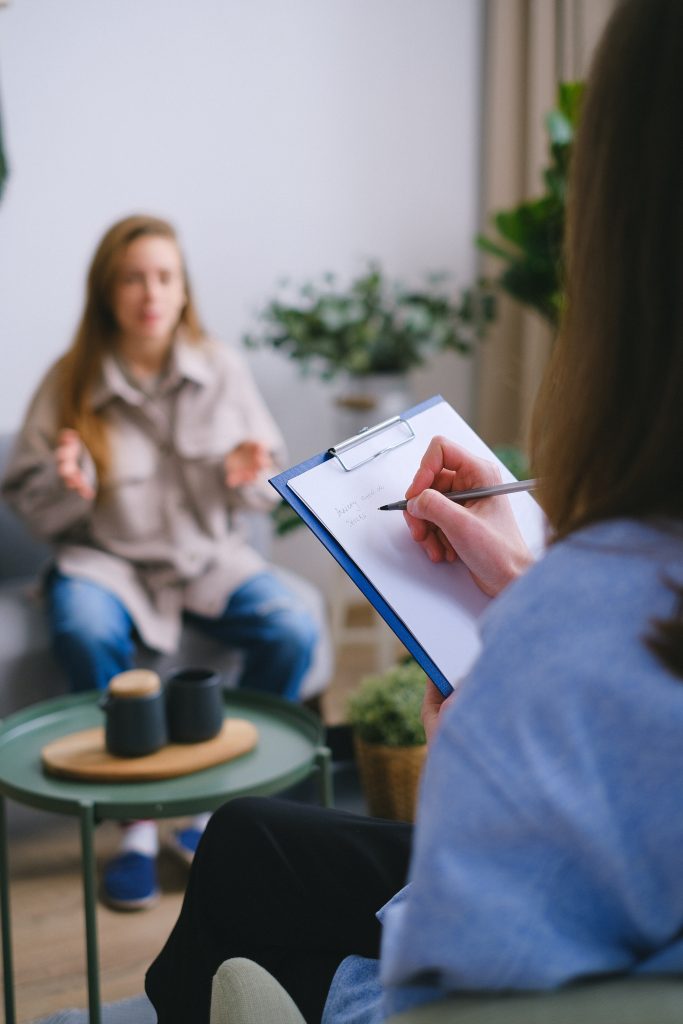
With various emphases we specifically apply the following focuses for our clients’ treatment:
- Realizing and working out resources as basis for the maintenance and stabilization of capabilities and skills
- The client’s cooperation regarding a relapse event, realizing the dynamic,
early symptoms, working on the assessment of a relapse, motivation to face
the reality and an adequate reprocessing. - Recovery of basic everyday practical abilities by supporting the capability to cope with everyday life all the way to empowerment.
- Obtaining competence and expanding within the relationship context of the
group activities. Active participation or suggestions to modify the group rules.
Assistance for an active, subjectively fulfilling life free from addictive substances - Guiding the client towards a regular occupation inside the house, thus acknowledgment of structures and rules and consequently an increase of the
frustration tolerance threshold.
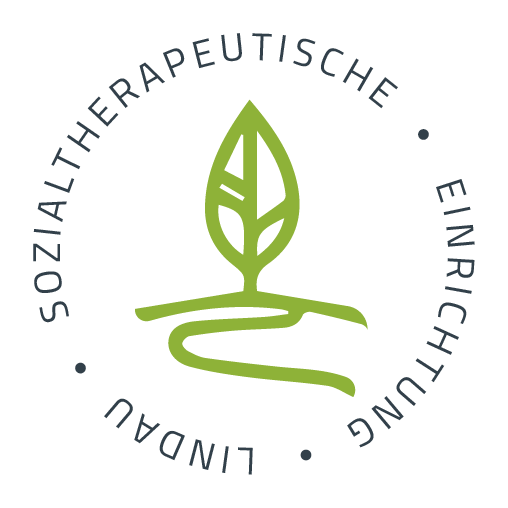
- Recovery and stabilization of physical and mental health as well as raising the awareness for his/her body signals
- voiding and/or reducing hospitalization
- To create an environment free from addictive substances for a self-help supported and activity-oriented opportunity as opposed to “continuing care” (i.e. in a home for the aged)
- Possibly planning and implementation of the reintegration
- Working on possible fears and conflict potentials in therapeutic settings
- If possible, release into an outpatient assisted or unassisted form of living, integration into the family of origin.

- For clients with “distinct mental deficits”:
– adequate management of the mental disorder
– timely understanding and awareness raising for first signs indicating
a renewed psychotic decompensation
– acceptance for a possibly necessary basic medication setting
– realizing and comprehending the mental disorder with all its appearances peculiarities - an environment free from addictive substances for a self-help supported and activity-oriented opportunity as opposed to “continuing care” (i.e. in a home for the aged)

Target Audience
- Women and men with chronic, substance related addictive disorder
- Addicted mothers with child
- Multiple-drug addicts (drugs, pharmaceuticals, alcohol)
- Clients with alcohol-related amnestic syndrome (Korsakow-syndrome)
- Alcoholtoxic polyneuropathy
- Organic brain syndrome after chronic alcohol abuse
- Latent alcohol hallucinosis
- Clients with so-called “dual diagnoses” (chronic addicts with neurotic and/or

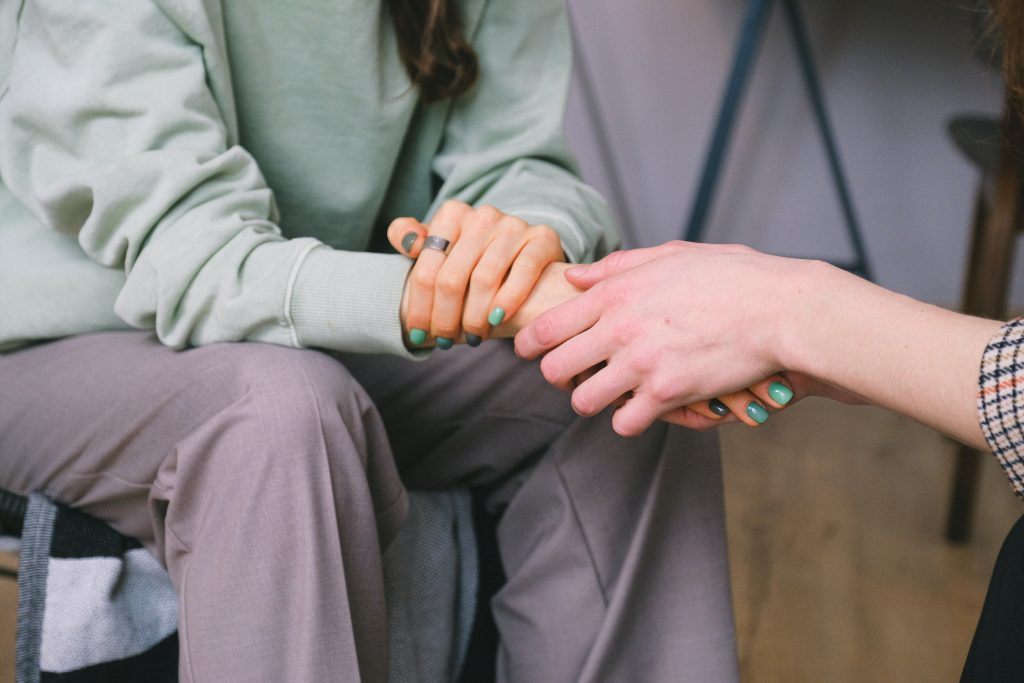

Therapeutic Services

For women and men with a chronic addiction and/or a psychological impairment, we offer the opportunity of resocialization in an adequate environment, adapted to the individual person’s need for support. The large-meshed framework of the residential groups basically aims at more independence and self-responsibility.


